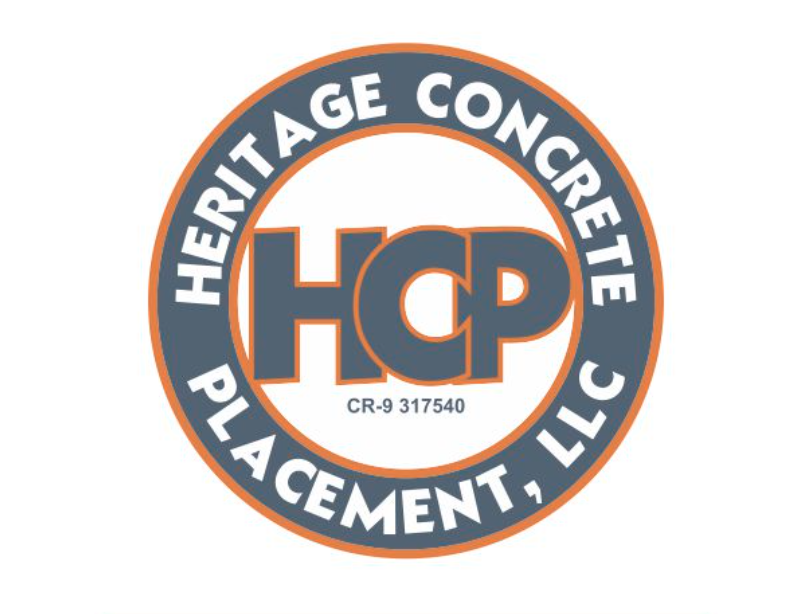Concrete vs. Asphalt
/If you require paving services, you probably already know that you have two choices: concrete or asphalt. So which of the two is the best choice? We'll give you a quick rundown of their differences, and how they relate to paving projects.
Physical Differences Between Concrete and Asphalt
Hot mix asphalt is made of aggregates (stone, sand, gravel) and liquid asphalt, the oil-based glue which is the glue that holds everything together. Concrete is made from American materials such as limestone, rock and water. Concrete is also the most-used manmade material in the world.
Safety Differences Between Paving with Concrete or Asphalt
Areas paved with asphalt require more maintenance than those paved with concrete. As a result, there is less need for repair crews to handle maintenance of concrete streets and parking lots. This means less congestion and disruption to work areas, and less danger to road crews and drivers alike. Rigid concrete is also more durable than asphalt. This means that streets paved with concrete are less likely to have potholes. The surface of concrete is also better at preventing automobile skidding, keeping drivers and their families safe.
Cost Differences of Building & Maintenance of Paving Materials
Concrete pavement's life can range anywhere from 20-40 years. But when you factor in annual maintenance, asphalt pavement can cost four to seven times as much money to maintain. This saves you long-term on repair and maintenance. One recent article from an Iowa newspaper featured a town's decision to pave their roads with either asphalt or concrete. It was pointed out that while a concrete street would need little maintenance over a 30 year period, an asphalt street would require a major resurfacing in just 15 years. A spokesperson for the Iowa Department of Transportation also stated that "asphalt pavement is projected to require major rehabilitation in approximately half the time as the concrete pavement." So paving with concrete means less need for maintenance over the life of your street. The full article can be found here.
How Concrete Affects Lighting & Electric Bills
As you probably already know, it's best to wear bright or white clothing if you want to reflect the sun on hot days. Dark colors absorb more heat, and the same applies to paving materials. Concrete is light, and naturally reflective. Asphalt is black, and absorbs more heat. A 2007 study (PCA Report SN2982) was done that proved lighter paving materials reflected light the best. So what difference does all that really make? For one, it keeps the areas around the pavement cooler, which means less waste of electricity for air conditioning. Another study (Stark 1986) also proved that work areas with concrete pavement required less lighting than asphalt pavements. Since lighter colored pavement reflects indoor light better, it means you get the same visibility, but with less lights needed. That study also pointed out that with less lights, there would be more money saved when it came time to install, operate, or maintain them. And as most people know, less lighting means less heat, and less need to run the air conditioner. For businesses that operate at night, having a concrete parking lot means better lighting, and increased safety. Not only will it be easier for people to see, but a parking lot with better visibility can make people feel safer, which makes your business more inviting.
So Which Building Material is Right for You?
When it comes to safety, durability, and environmental impact, concrete paving is obviously the best choice for street paving and construction. To learn more about what concrete can do for you, give Benny a call at 520-404-7728


